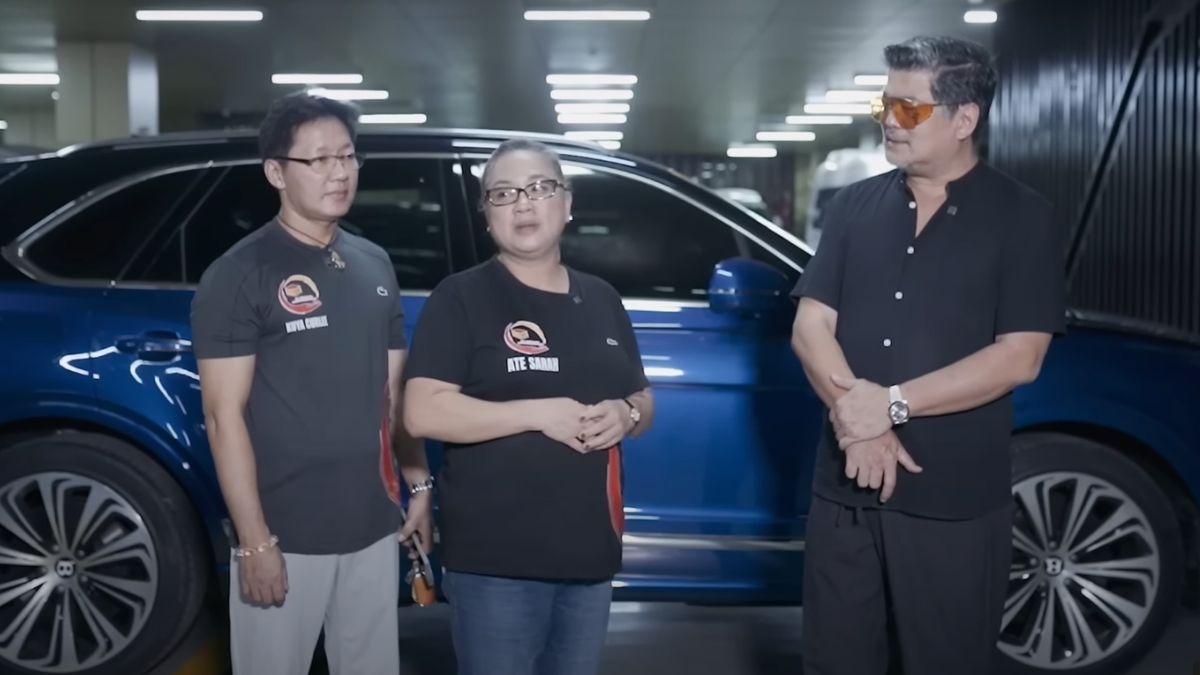A buzz started making rounds on social media after a controversial post by Pasig City Mayor Vico Sotto raised serious questions: were veteran broadcasters Julius Babao and Korina Sanchez paid a whopping ₱10 million to interview contractor-politicians Sarah and Curlee Discaya?
The interviews in question, which date back to 2024, featured the Discayas discussing their journey from humble beginnings to business success. But in mid‑August 2025, Vico Sotto shared screenshots of the interviews and implied that the airtime may have cost these journalists a hefty sum—raising fresh concerns about ethics and journalistic credibility.

What Was Said
Mayor Sotto didn’t name names, but his post zeroed in on the Discaya interviews, suggesting that contractors seeking political clout may pay media personalities to give their stories a platform. “Why accept the offer when someone might be willing to pay ₱10 million for an interview?” he asked. Though he admitted it wasn’t an exact figure, the insinuation was clear—and it exploded online.
Immediate Response
Julius Babao and Korina Sanchez didn’t waste a minute. Babao took to interviews to clarify his segment was a lifestyle feature—not a political exposé—and flatly denied receiving any payment. Meanwhile, Korina’s production teams released scathing statements calling the claim “malicious,” asserting that there was no such thing as a ₱10 million placement and accusing Sotto’s post of rising to the level of cyber libel.
Babao’s Defense
Babao emphasized that the interview was created with inspiration in mind: “It’s a feature celebrating how a couple rose from rags to riches because of hard work.” He also pointed out that the Discayas had not declared their political ambitions at the time and that no DPWH or government-related issues had surfaced then. “There was no ₱10 million involved. This was never a news report,” he said.
Korina Sanchez’s Rebuttal
Her team affirmed their commitment to editorial integrity, stating their shows were built on public interest storytelling, not paid content. They stressed they had simply given the Discayas an opportunity to share their life story—one of many interviews they conducted over decades. They also noted that any insinuation of paid content unfairly tarnishes their credibility.
Industry Reaction
Support for Babao poured in. Fellow journalists and commentators publicly defended his reputation, calling the accusation “super fake news” and accusing Mayor Sotto of misjudgment. Babao himself shared a quote about real friends, expressing gratitude to those who stood by him during this storm.
Meanwhile, the National Union of Journalists in the Philippines (NUJP) used the moment to call for stronger ethical standards in the industry, warning that accepting money for coverage—real or perceived—erodes public trust.

Why It Matters
This episode is more than gossip—it challenges the foundation of journalistic integrity. When respected broadcasters are accused—without solid proof—of shady deals, it shakes the audience’s faith in the media. Even if the allegations are false, the fallout demands transparency and ethical clarity.
Looking Ahead
Though Vico Sotto hasn’t offered further comment, the response from Babao and Sanchez has been swift and unified. Both continue their work, unbowed but under greater scrutiny.
For today, one thing stands out: in the battle between rumor and reputation, clarity and conviction can still be the strongest defense.